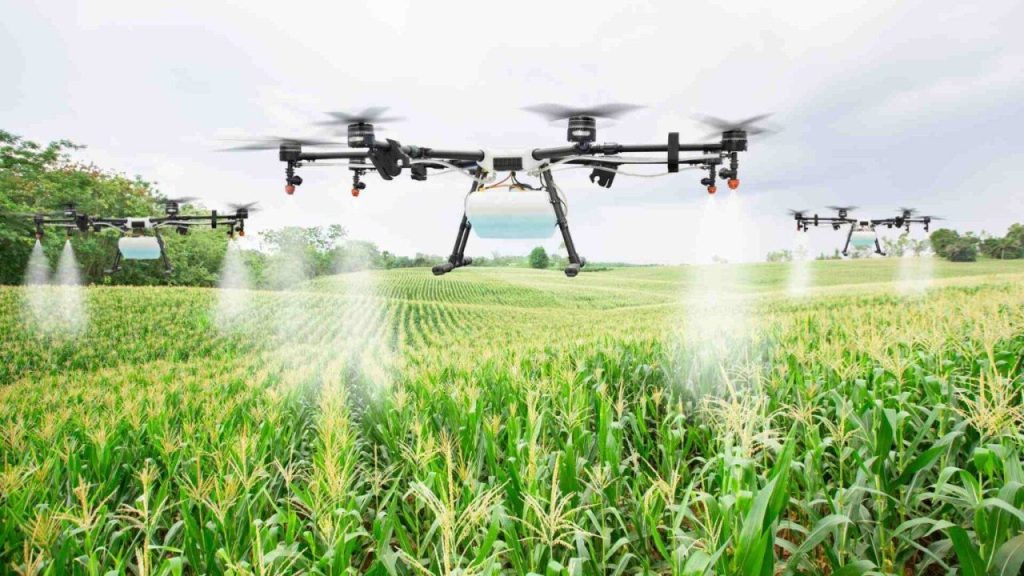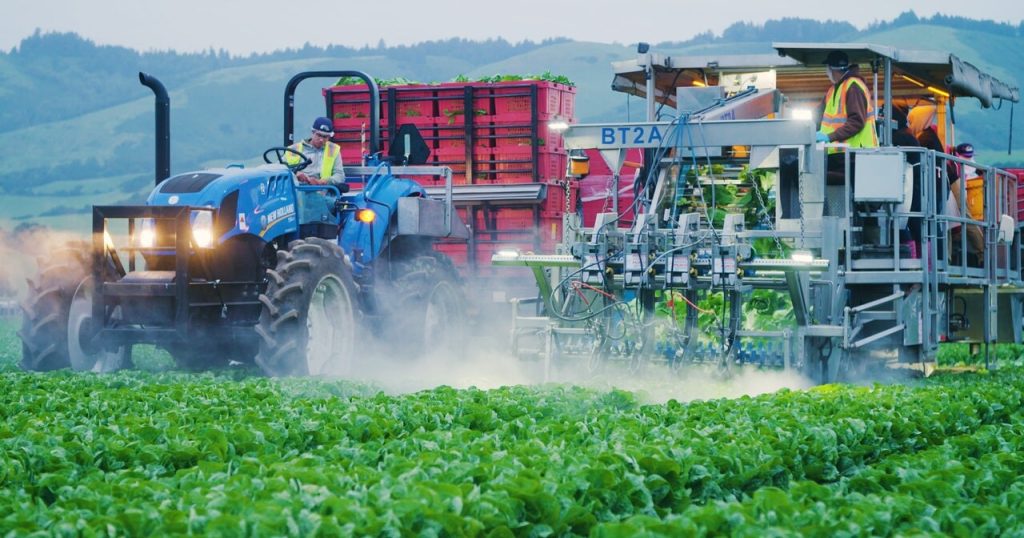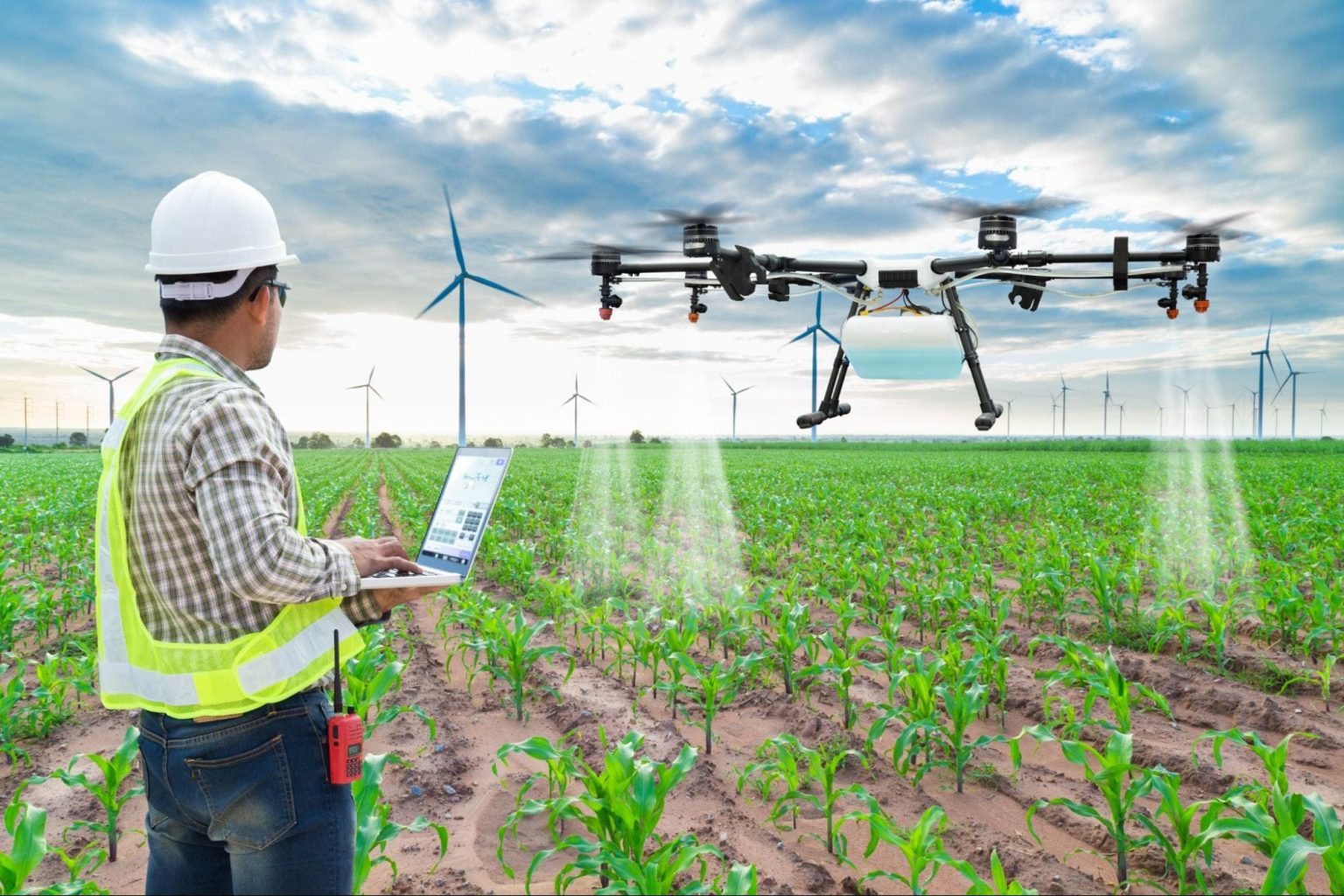A key field promoting sustainability and innovation in the field of agriculture is agricultural engineering, which is where tradition and technology collide. Agricultural engineers are essential in tackling the problems of contemporary farming and encouraging environmental stewardship, from the creation of efficient farming machinery to the research and development of sustainable energy sources. We go into the complex field of agricultural engineering in this in-depth examination, illuminating its methods, importance, and the critical role that agricultural engineers will play in determining the direction of farming in the future.
What Agricultural Engineering Is All About
Fundamentally, agricultural engineering combines biological, engineering, and environmental science concepts to address problems in agriculture. It covers a broad range of fields, including the design of farm machinery and equipment, irrigation systems, soil and water conservation, agricultural constructions, and the generation of bioenergy. Using their knowledge, agricultural engineers improve farming operations’ overall sustainability, boost production, reduce environmental impact, and optimize agricultural processes.

Agricultural Engineering’s Innovation Engine
Agricultural engineering is an innovative field that constantly pushes the limits of what is feasible in contemporary agriculture. Among the noteworthy developments are:
Precision Agriculture
To improve farming techniques, precision agriculture makes use of cutting-edge technologies like GPS, remote sensing, and data analytics. Precision farming technology and software, created by agricultural engineers, allow farmers to precisely monitor and regulate crop health, soil fertility, and irrigation, resulting in more productive farming practices and increased yields.
Systems for Automated Farming
Agriculture is being revolutionized by robotics and automation, which increase productivity and automate labour-intensive operations. To save labour expenses and increase productivity, agricultural engineers create autonomous tractors, drones, and robotic harvesters that can precisely and accurately carry out activities like planting, spraying, and harvesting.
Resilient Energy Options
Agricultural engineers are leading the way in creating renewable energy solutions for farming operations as the focus on sustainability grows. These inventions, which range from solar-powered irrigation systems and wind turbines to biogas digesters that turn agricultural waste into energy, assist farmers in lowering their reliance on fossil fuels and mitigating greenhouse gas emissions.
Technologies for Water Management
One of the biggest problems facing agriculture today is water scarcity, especially in dry and semi-arid areas. To ensure the long-term sustainability of agricultural production, agricultural engineers create cutting-edge irrigation systems, water-saving methods, and soil moisture sensors that help farmers maximize water consumption, reduce runoff, and preserve soil health.
Agricultural Engineers’ Role
In the agriculture industry, agricultural engineers are essential for promoting sustainability and innovation. Among their duties are:
Research and Development
Agricultural engineers engage in research and development to create novel technologies, techniques, and procedures that enhance agricultural output, effectiveness, and sustainability. To evaluate the effectiveness of new improvements, this may entail computer simulations, lab experiments, and field testing.
Design and Implementation
Agricultural engineers are responsible for designing and implementing agricultural systems, machinery, and infrastructure that are specifically suited to the requirements of farmers and agricultural settings. This covers everything, from creating precision farming instruments and renewable energy installations to planning irrigation systems and drainage networks.
Consultation and Education
Agricultural engineers advise farmers, agricultural enterprises, and policymakers on sustainable agriculture best practices by offering their technical skills and counsel. To encourage the adoption of cutting-edge processes and technologies, they might provide training sessions, educational initiatives, and consultancy services.
Environmental Management
Agricultural engineers strive to reduce the environmental impact of agricultural activities and prioritize environmental sustainability in their work. This includes creating plans to prevent erosion, putting nutrient management plans into action, and advocating for conservation methods that safeguard biodiversity, water quality, and soil.
Explore More Community Nutrition: Encouraging Well-Being via Dietary Instruction

Possibilities and Difficulties
Agricultural engineering confronts many difficulties even though it has enormous potential to advance sustainable farming. Among them are:
Technological Barriers
Research, development, and infrastructure expenditures must be substantial to successfully develop and deploy new agricultural technologies, which can be expensive and complex.
Adoption and Acceptance: It can be difficult to persuade farmers to embrace new methods and technologies, particularly if they feel that doing so will be expensive or detrimental to their current operations.
Environmental Concerns
Even though agricultural engineering seeks to advance sustainability, there is a chance that it will have unforeseen negative effects on the environment, such as higher energy use, degraded soil, or contaminated water.
Worldwide Food Security
The dual challenges of feeding a growing global population and reducing the environmental impact of agricultural production fall on agricultural engineers. This calls for creative solutions that reduce climate change, preserve natural resources, and boost productivity.
Notwithstanding these difficulties, there are a lot of chances for creativity and teamwork in agricultural engineering. Agricultural engineers can influence beneficial changes in food production practices and secure a sustainable and prosperous future for future generations by leveraging technology, science, and engineering.
Conclusion
To sum up, agricultural engineering is a fundamental component of contemporary agriculture, fusing sustainability with innovation to tackle the many issues that the farming sector faces. When it comes to advancing innovations that boost output, preserve resources, and encourage environmental responsibility, agricultural engineers are essential. With the world facing challenges like water shortages, climate change, and food security, agricultural engineers’ knowledge and creativity are more important than ever. Agricultural engineers will design a future where farming is not just more productive and efficient but also more resilient and environmentally sustainable by continuing to push the boundaries of science and technology. Agricultural engineers are genuine land stewards because of their devotion to innovation and feeding the globe while protecting the environment.










